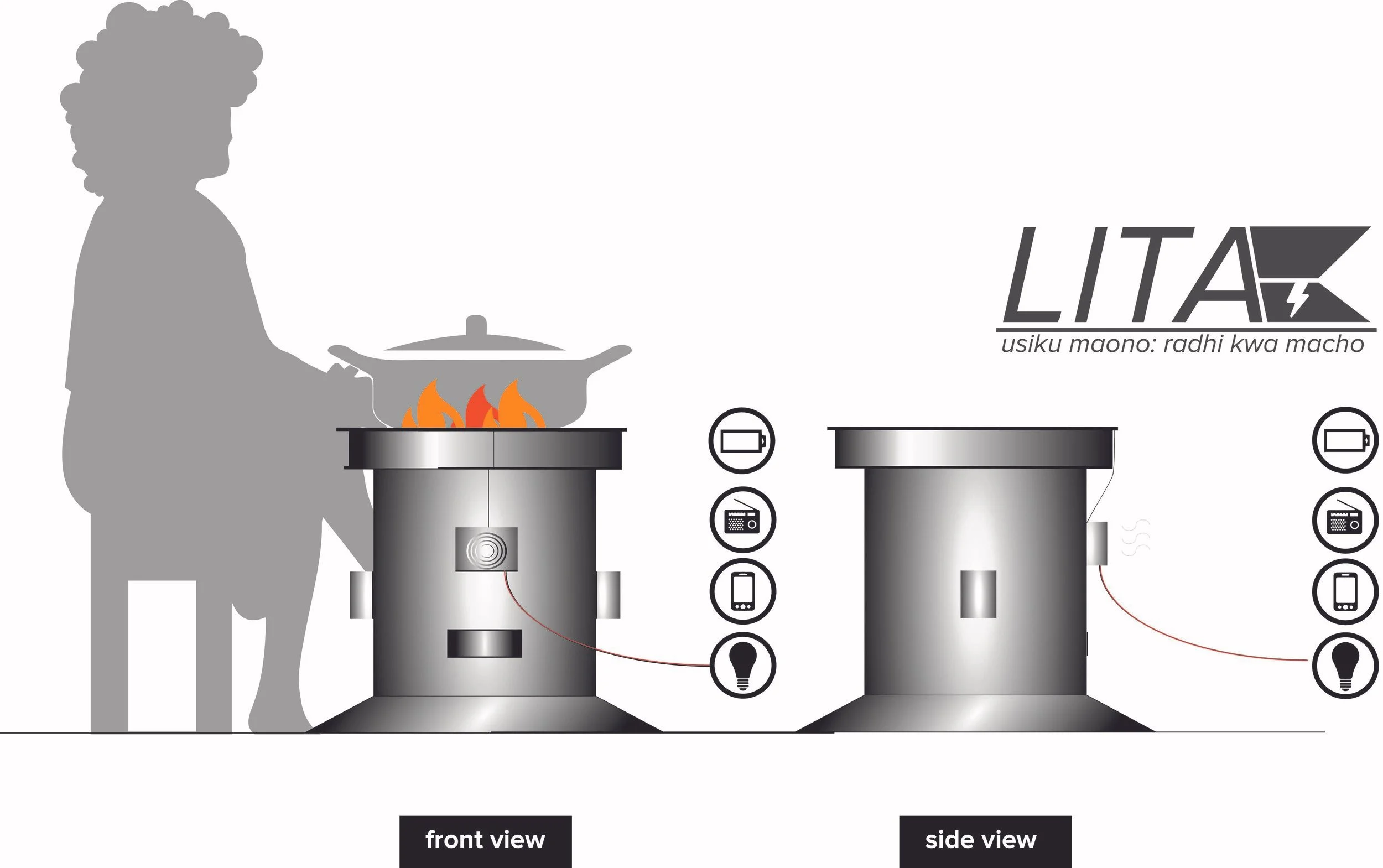LITA
Limited access to electricity keeps many low-income households in Tanzania trapped in poverty. With only 7% of the country electrified, families spend a large share of their income on polluting biomass for cooking and lighting. This not only harms the environment but also causes severe health problems, particularly for women who bear the burden of collecting and using these resources—time that could be spent on education or paid work.
This master thesis explores alternative, affordable ways to generate electricity for households living on less than $2.50 a day. Through a process of desk research, prototyping, and on-site fieldwork, the study identifies strategies to introduce cleaner energy solutions, supported by education and habit change.
The outcome is a strategy for implementing a feasible electricity-generating product-service that reduces reliance on polluting sources and offers households a sustainable, daily alternative. This marks a first step toward breaking the cycle of poverty and improving health, opportunities, and quality of life.
